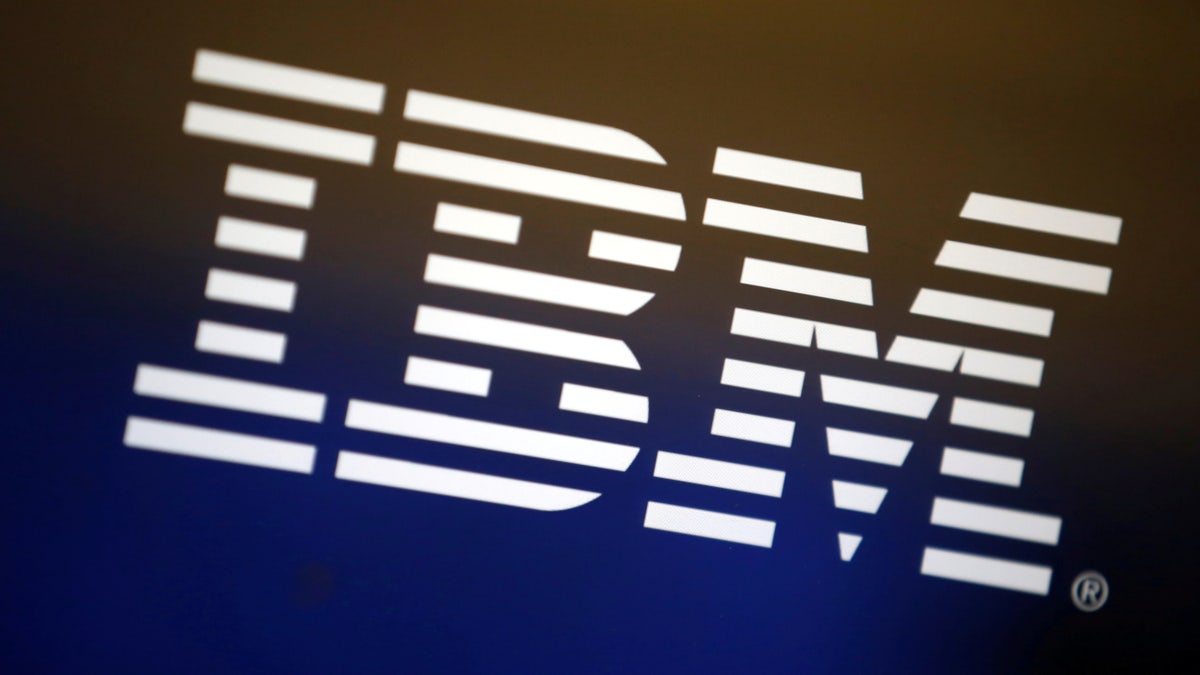
The logo of IBM is seen on a computer screen in Los Angeles, California, United States, April 22, 2016. (REUTERS/Lucy Nicholson/File Photo)
The latest Top500 list of the most powerful supercomputers on the planet saw China snatch the top spot away from the United States. Now, there's word that an IBM is working to put the U.S. back on top.
The U.S. Department of Energy's Oak Ridge National Laboratory will apparently receive an IBM system known as Summit in early 2018, according to a report from Computerworld. While that would mean China could retain its title three more times in the interim, the computer far outclasses the reigning champion.
Top500 named the Sunway TaihuLight as the most powerful computer in the world as a result of its Linpack benchmark score of 73 petaflops. However, the system could theoretically reach a speed of up to 124.5 petaflops. Compare that to the horsepower expected of Summit: the rig will utilize IBM Power9 CPUs and Nvidia Volta GPUs to reach a theoretical peak of 200 petaflops.
Related:
This would suggest that Summit could outpace TaihuLight in future tests by Top500, although of course the benchmark wouldn't be implemented if its results always followed theoretical speeds. The Linpack system puts supercomputers through their paces in situations that mimic real-world usage, in an attempt to verify their practical application.
A computer from the U.S. did manage to clinch third place in the most recent edition of Top500's ranking. The bronze medal went to Titan, a system that achieved a speed of 17 petaflops and is currently situated at the Oak Ridge National Laboratory, the same lab that will receive Summit around eighteen months from now.
However, the most powerful supercomputer in the world isn't the only title that the U.S. hopes to contest in coming years. China also edged ahead in terms of the number of computers on the list, but projects currently in development could contribute to the balance shifting in the near future; an IBM system capable of 150 petaflops is being prepped for the Lawrence Livermore National Lab, and the Argonne National Laboratory is set to receive a system built around components from Cray and Intel.
